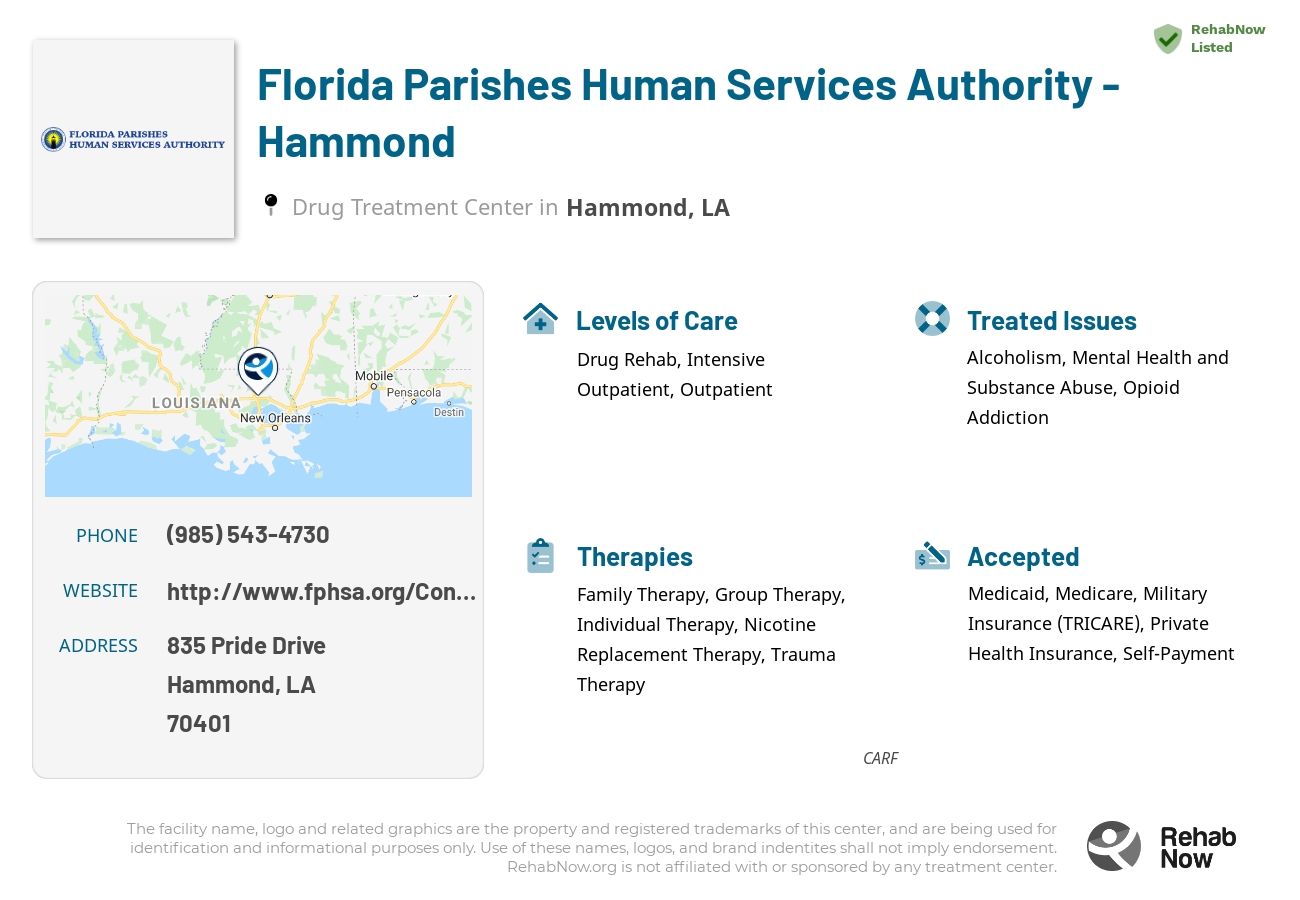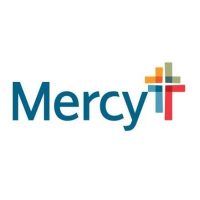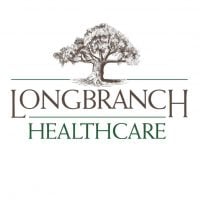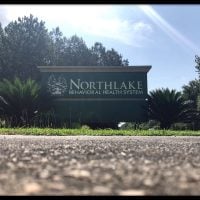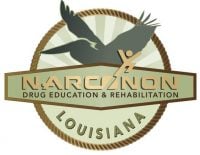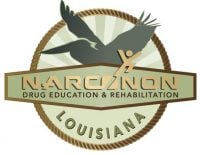Florida Parishes Human Services Authority - Hammond
Drug Rehab Center in Hammond, Louisiana
Florida Parishes Human Services Authority - Hammond in Hammond, Louisiana is an accredited and fully licensed facility that provides effective and comprehensive addiction and substance abuse services, including assessment, referral, case management, therapy, educational programming, medication management, support groups, aftercare, and referral resources for long-term recovery and integration.
About This Louisiana Facility
Located in Hammond, LA, the Florida Parishes Human Services Authority - Hammond (FPHSA - Rosenblum Behavioral Health Clinic) stands out for its comprehensive, recovery-based, and person-centered approach to behavioral health. Specializing in both mental health and substance abuse services for children and adults, it offers a unique blend of support including individual, group, family counseling, and specific services for gambling disorders.
- Personalized Care: Each client receives tailored counseling services, addressing individual needs and fostering a path to recovery.
- Gambling Disorder Services: This clinic is unique in providing specialized counseling for gambling disorders, including free services for area residents.
- Comprehensive Substance Abuse Treatment: Offering both outpatient and intensive outpatient programs focused on a variety of treatments including Medication-Assisted Treatment (MAT).
Accredited by the State License, CARF, JCAHO, and SAMHSA, FPHSA - Rosenblum Behavioral Health Clinic ensures high-quality care across its services. Their commitment to recovery-based and person-centered services highlights their mission to lead residents towards meaningful lives.
The clinic treats an array of addictions and issues, including alcoholism, opioid addiction, drug addiction, and dual diagnosis, utilizing evidence-based treatment methods across different levels of care. Through a combination of screening/assessment, therapy, and medication management, FPHSA offers a supportive bridge to sobriety.
Genders
Ages
Modality
Additional
Accreditations
State License
SAMHSA

JCAHO

CARF
The Commission on Accreditation of Rehabilitation Facilities (CARF) is a non-profit organization that specifically accredits rehab organizations. Founded in 1966, CARF's, mission is to help service providers like rehab facilities maintain high standards of care.
Conditions and Issues Treated
Many people who struggle with opioid addiction need to attend specific programs like methadone , Suboxone or Vivitrol clinics.
These types of programs will provide the patient with legal, prescription medications that can help them overcome their cravings for illegal opioids like heroin or fentanyl . If the patient has a chronic condition like Hepatitis C, they must undergo treatment before they can begin taking these medications.
Levels of Care Offered at Florida Parishes Human Services Authority - Hammond
This center offers a variety of custom treatment tailored to individual recovery. Currently available are Drug Rehab, Intensive Outpatient, Outpatient, with additional therapies available as listed below.
Outpatient addiction treatment is beneficial for people who are able to function well in their day-to-day lives. It is recommended for people who are not yet ready to end their relationships with friends or family members who might be encouraging drug and alcohol use.
Intensive outpatient treatment is beneficial for:
- People who are able to attend treatment more than 3 times per week.
- People who do not meet the criteria for inpatient treatment.
- People who are able to contribute to their own recovery outside of the treatment center.
- People who are motivated towards recovery.
- People who are able to overcome addiction on their own without the need for higher levels of care.
Outpatient treatment programs provide drug and alcohol addiction treatment through individual sessions with a counselor, group therapy, 12-step meetings, and other activities to help individuals gain sober living skills. Most programs are designed for those individuals who have completed a medically supervised detoxification program and provide opportunities for clients to begin the process of early recovery.
Outpatient programs also offer a level of medical support as needed and psychological backing through therapy. Clients are encouraged to live at home, though there may be some flexibility regarding this requirement based on the circumstances and needs of each patient.
Outpatient treatment is perhaps the most common type of dual diagnosis program available. It does not pose a significant financial burden on patients. However, it is essential to note that outpatient treatment does not provide the support and supervision given in residential programs. Some addicts may need this level of support to maintain their sobriety.
Therapies & Programs
Therapy sessions focused on the individual addict can provide much-needed guidance as they work toward overcoming their addiction. These types of sessions typically involve guidance from a therapist, who will help addicts identify and process their feelings and cravings.
During these sessions, addicts may develop plans for coping with the triggers that typically lead to relapse and learn how to avoid those triggers during their recovery process.
The main goal of family therapy for drug addiction is to create an environment where communication can occur without judgment, hostility, or blame that often occurs within a family.
Family therapy is a type of group problem-solving that aims to improve communication and relationships between the patient, their family, and sometimes friends. The therapist is with the family as they learn to communicate with each other differently, especially with the addict when s/he is using.
The family can learn to reduce their enabling behavior or rally together and support each other during tough times. The patient also learns how to deal with their addiction and maintain sobriety while interacting with the family.
Different types of addiction treatment services are available. Within this article, group therapy is of interest due to its high success rate compared to individual therapy. Group therapy settings are beneficial because they allow recovering addicts to build a strong support network.
Benefits of group therapy are:
- Reduces feelings of isolation
- Immediate access to social support in the form of fellow addicts in recovery
- Lowers risk of relapse
- Increases rate of sobriety
- Builds coping skills that can be applied to everyday life
Trauma Therapy is a form of therapy that involves working with a patient to help them process and understand the past trauma(s) in their life. The idea behind it is that while some people can experience traumatic events and not have lasting psychiatric symptoms, many others will. In these cases, memories of the event get hidden from consciousness but continue to influence how the person processes and copes with things in their life. They may avoid situations that resemble what happened or become suddenly angry or irritated to a situation that reminds them of a past event.
With the help of a therapist, people can go back over memories and experiences. This helps them understand why they are having problems coping with certain situations and how they can change how they think and react to things. This therapy is typically done using techniques such as visualization, discussion, and writing down thoughts and feelings.
Trauma therapists will work with clients to help them understand their past and present relationships. Many times, patients may believe that something is inherently wrong with them or that they are unworthy of love. A therapist aims to correct these negative feelings and behaviors by helping the person realize that their actions do not reflect who they truly are.
One of the main goals of trauma therapy is to help clients express their emotions and talk about what they are feeling. This benefits both to increase awareness of how certain events have impacted them in the past and enables patients to realize that they can make changes in their lives.
Payment Options Accepted
For specific insurance or payment methods please contact us.
Is your insurance accepted?
Ask an expert, call (888) 674-0062
Florida Parishes Human Services Authority Associated Centers
Discover treatment facilities under the same provider.
- Florida Parishes Human Services Authority - Mandeville in Mandeville, LA
- Fontainebleau Treatment Center in Mandeville, LA
- Florida Parishes Human Services Authority - Bogalusa in Bogalusa, LA
Learn More About Florida Parishes Human Services Authority Centers
Additional Details
Specifics, location, and helpful extra information.
Hammond, Louisiana 70401 Phone Number(985) 543-4730 Meta DetailsUpdated April 15, 2024
Staff Verified
Patient Reviews
There are no reviews yet. Be the first one to write one.
Hammond, Louisiana Addiction Information
Louisiana is one of the top ten states in the nation for opioid-related deaths. One in ten high school students admits to regularly using prescription opioids for non-medical purposes. More than 225,000 Louisiana residents admit to regular heavy drinking and around 6% of the Louisiana population abuses alcohol. Marijuana use in Louisiana is most common amongst teenagers between the ages of 12 and 17 years old.
According to recent statistics, there were over 1,000 hospitalizations due to drug abuse in Hammond in 2016. From 2009 to 2013, the number of admissions to treatment facilities for heroin addiction increased from 959 to 2,025. 1 in 7 people will abuse drugs at some point in their lives. Most rehabilitation programs will offer a combination of detoxification, counseling, and support services to help recovering addicts overcome their addiction and stay sober.
Treatment in Nearby Cities
- Leesville, LA (173.9 mi.)
- Lacombe, LA (32.1 mi.)
- Morgan City, LA (73.8 mi.)
- Duson, LA (107.0 mi.)
- Oberlin, LA (139.5 mi.)
Centers near Florida Parishes Human Services Authority - Hammond
The facility name, logo and brand are the property and registered trademarks of Florida Parishes Human Services Authority - Hammond, and are being used for identification and informational purposes only. Use of these names, logos and brands shall not imply endorsement. RehabNow.org is not affiliated with or sponsored by Florida Parishes Human Services Authority - Hammond.






